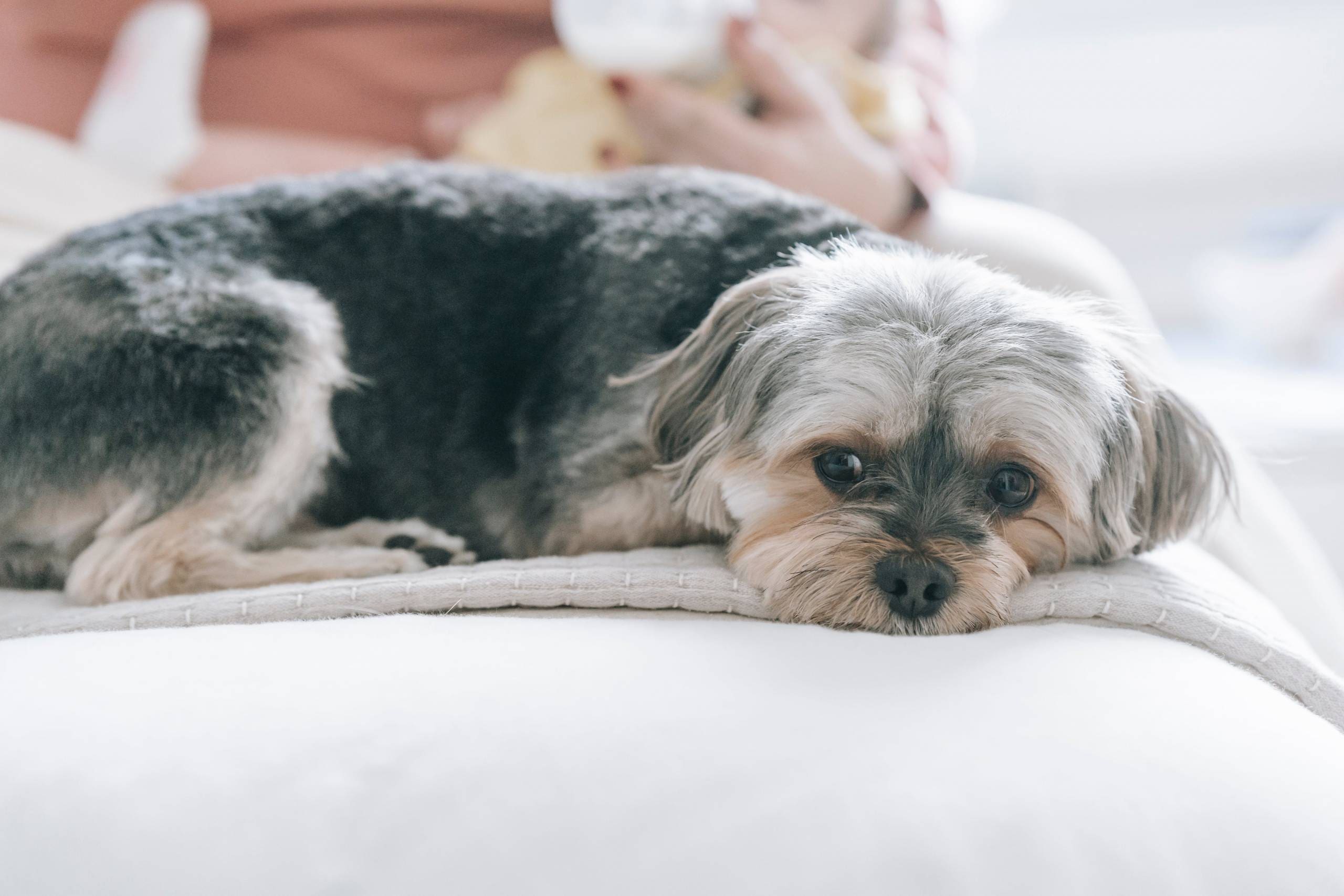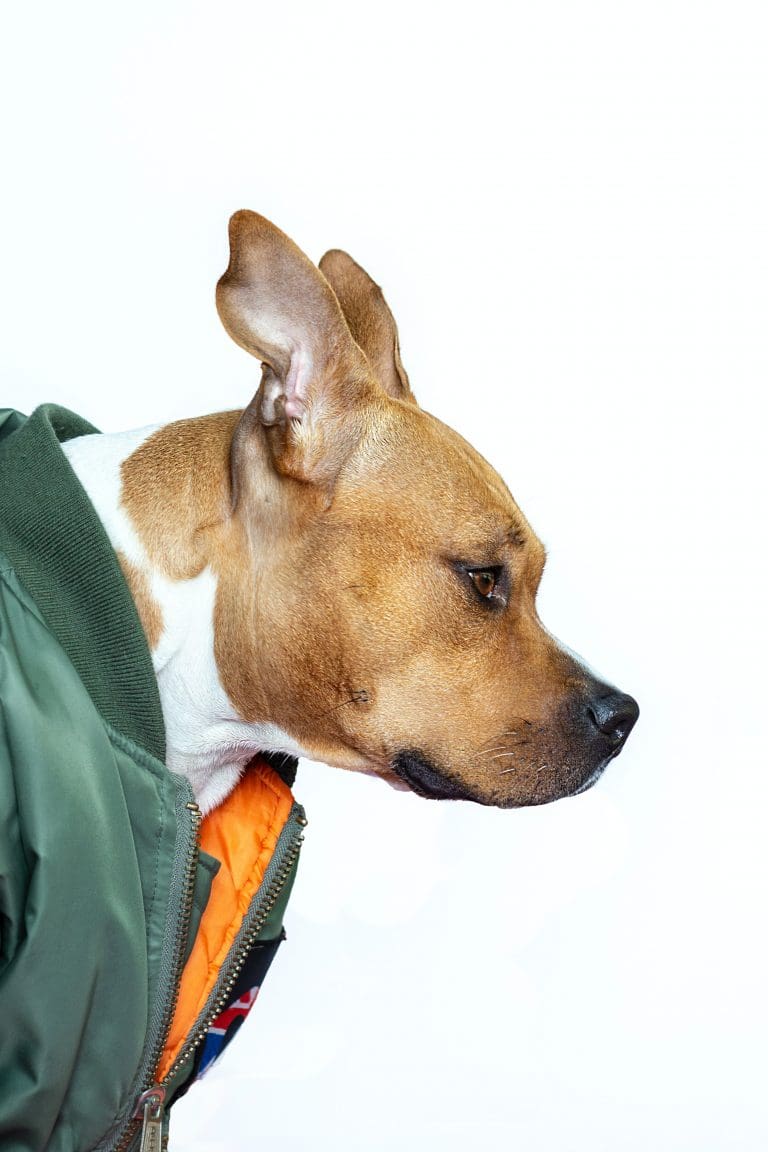Why Is My Dog Licking His Butt?
Post Date:
December 10, 2024
(Date Last Modified: December 13, 2024)
As a dog owner, witnessing your pooch licking his rear end can raise questions. While this behavior may seem amusing, it often has underlying reasons that merit attention. Knowing why dogs engage in this habit can help distinguish between normal grooming and potential health issues.
Instinctual Behaviors
Dogs rely on instinct, and licking is a natural way for them to explore their environment. Similar to cats, dogs have their grooming routines, cleaning areas that might be hard to reach. After outdoor play or a messy bathroom experience, a dog may simply be trying to freshen up.
Signs of Health Concerns
Excessive licking can be a red flag. If your dog is licking his butt more than usual or appears distressed, it may indicate discomfort. Common causes include:
– **Anal Gland Problems**: Dogs have two anal glands that can become full, infected, or impacted, leading to discomfort and increased licking.
– **Allergies**: Dogs can suffer from allergies triggered by environmental factors or food, resulting in itchy skin that prompts licking.
– **Parasites**: Fleas, ticks, and intestinal worms can irritate a dog’s skin or digestive system, causing them to lick their rear more frequently.
Behavioral Factors
Sometimes, licking stems from boredom or anxiety. Dogs require mental and physical stimulation; without it, they may resort to repetitive behaviors. Providing toys, regular exercise, and interactive games can help divert their attention and reduce the urge to lick.
Monitoring Behavior
Observing your dog’s licking habits is crucial. If you notice excessive licking or any changes in behavior, appetite, or energy levels, consult a veterinarian. A vet can perform examinations and tests to identify underlying issues and suggest appropriate treatments.
Compulsive Licking
In some cases, licking may become a habit. If a dog has licked his rear for a specific reason in the past, he might continue even after the issue has resolved. This compulsive behavior may require intervention from a veterinarian or certified animal behaviorist to help redirect the behavior.
Importance of Moderation
While licking is a natural behavior, moderation is essential. Occasional licking is normal, but persistent focus on this action can lead to skin irritation or infection. Maintaining your dog’s cleanliness and monitoring his health can help mitigate excessive licking.
When to Seek Veterinary Care
If licking leads to noticeable irritation, redness, swelling, or discharge, consult a veterinarian immediately. These symptoms could indicate a more serious condition requiring medical treatment.
Preventive Measures
Regular grooming and bathing can help keep your dog clean and minimize irritants. Ensure your dog is on an appropriate flea and tick prevention regimen to reduce the risk of infestations.
The Role of Diet
A well-balanced diet rich in essential fatty acids can support healthy skin and coat, potentially reducing the likelihood of allergies and skin irritations. If diet might be a factor in your dog’s licking, discussing dietary changes with a veterinarian is wise.
Engaging Your Dog
If boredom or anxiety is a concern, engage your dog in regular playtime, teach new tricks, and provide interactive toys to stimulate his mind. Creating a calm environment, perhaps with designated quiet areas or calming music, can also alleviate anxiety.
Final Thoughts
Understanding your dog’s behavior is vital for maintaining his well-being. Licking may serve various purposes—grooming, alleviating discomfort, or expressing boredom. By staying observant and seeking veterinary advice when necessary, you can help ensure your dog remains healthy and content. Approach your dog’s behaviors with empathy, recognizing that they communicate through their actions.






